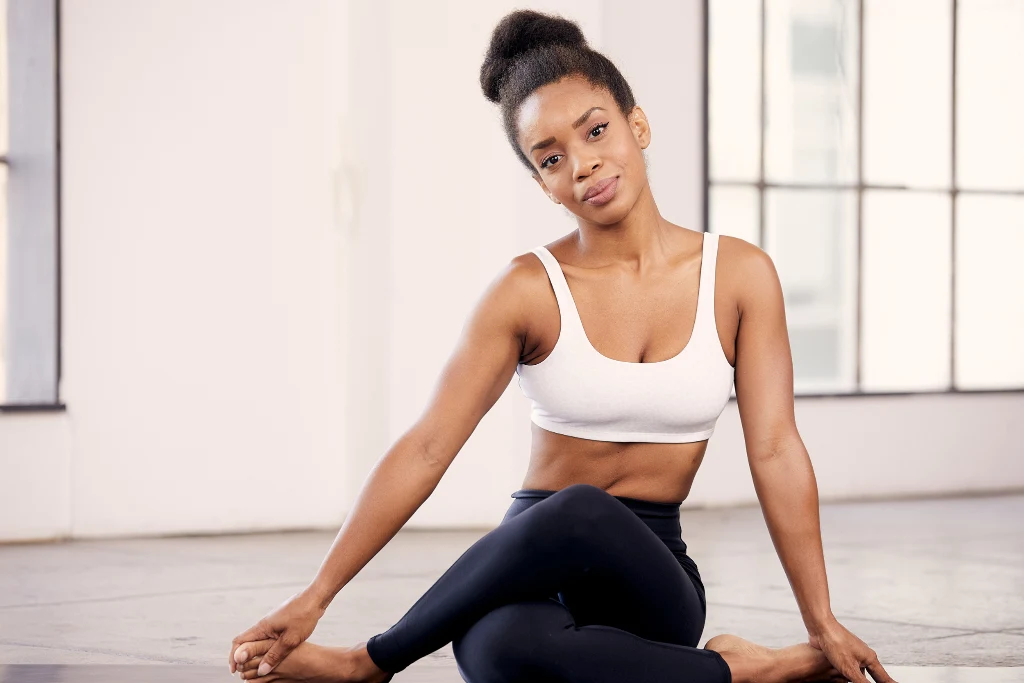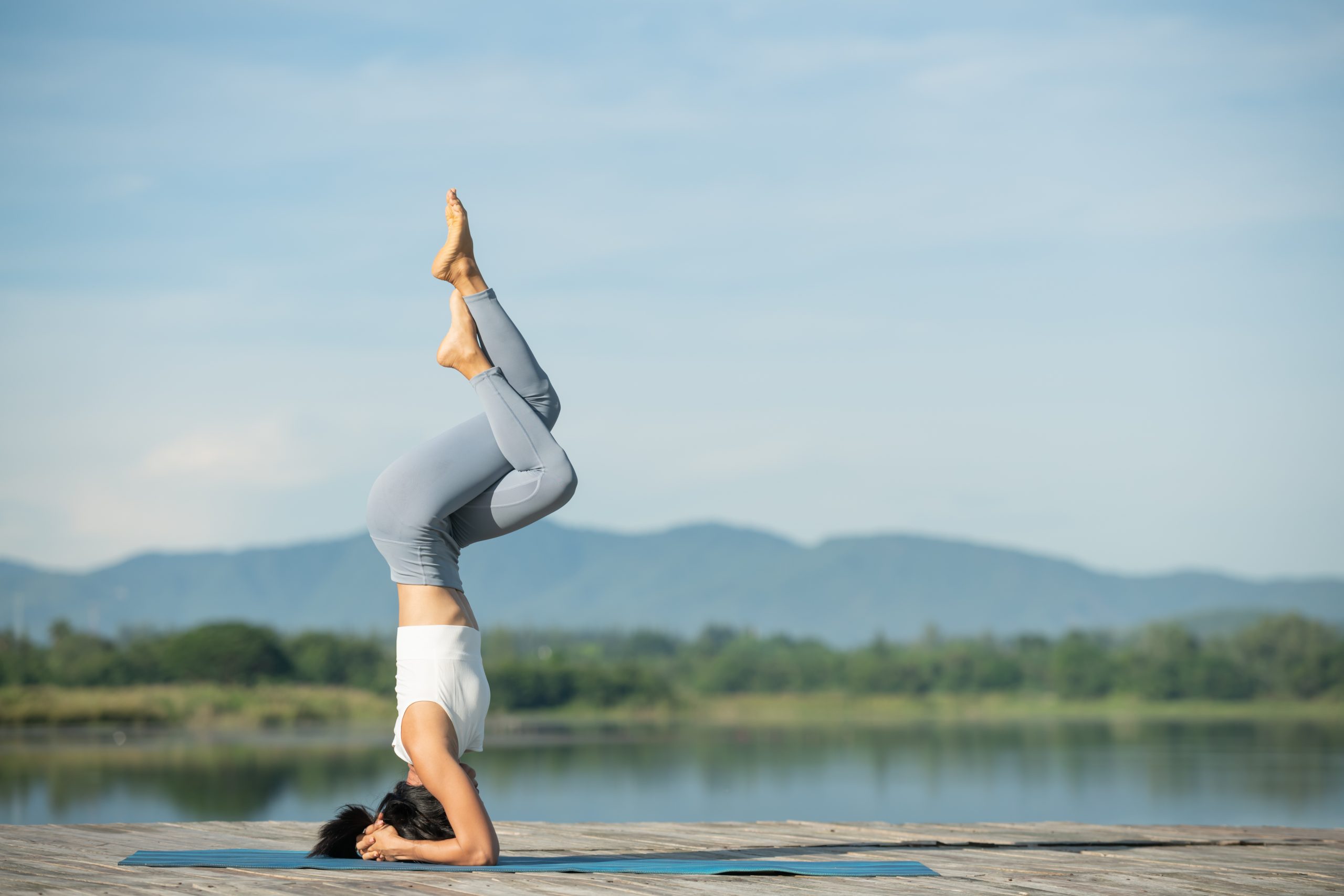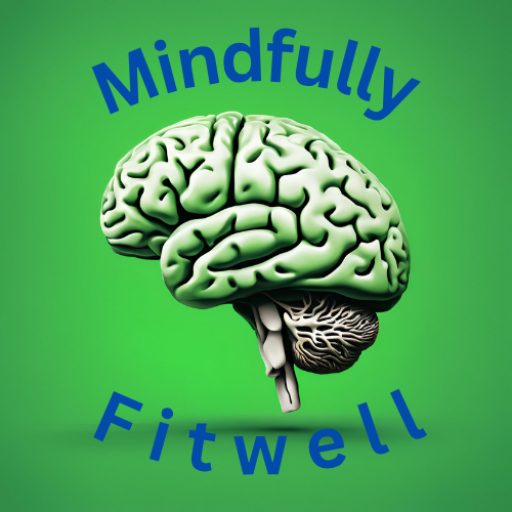Yoga Journey: Transform Your Life more Easy
Yoga Journey is more than just a form of exercise; it is a holistic approach to wellness that encompasses the mind, body, and spirit. Whether you are a beginner or an experienced practitioner, embarking on a journey of yoga can lead to profound changes in your life. This article will explore the various aspects of yoga, including its history, benefits, different styles, and practical tips to help you navigate your own path toward greater health and well-being.

What is Yoga?
Yoga is an ancient practice that originated in India over 5,000 years ago. It combines physical postures (asanas), breath control (pranayama), meditation, and ethical principles to promote holistic health. The word “yoga” comes from the Sanskrit root “yuj,” which means “to unite” or “to join.” This reflects the practice’s aim to unify the mind, body, and spirit. It uses physical postures, breathing exercises, and meditation to improve overall health. Yoga was developed as a spiritual practice thousands of years ago. Today, most Westerners who do yoga do it for exercise or to reduce stress.
The Role of Community in Your Yoga Journey
Connecting with others who share similar interests can enhance motivation throughout your practice! Here are ways communities contribute positively:
The Philosophy Behind Yoga
At its core, yoga is rooted in philosophy. The ancient texts known as the Yoga Sutras of Patanjali outline eight limbs of yoga (Ashtanga), which serve as guidelines for living a meaningful and purposeful life:
- Yama: Ethical standards and moral values.
- Niyama: Self-discipline and spiritual observances.
- Asana: Physical postures.
- Pranayama: Breath control.
- Pratyahara: Withdrawal of the senses.
- Dharana: Concentration.
- Dhyana: Meditation.
- Samadhi: State of blissful union with the divine.
These principles provide a framework for practitioners to cultivate awareness, mindfulness, and inner peace throughout their yoga journey.
Integrating Yoga into Daily Life
To truly embrace this transformative lifestyle beyond just attending classes regularly requires integrating principles learned during sessions into everyday routines! Here are practical tips:
- Morning Rituals: Start each day off right by dedicating time first thing upon waking up—practice sun salutations followed by meditation before breakfast sets positive intentions ahead!
- Mindful Breaks: Incorporate brief moments throughout busy days where one pauses briefly focusing solely on breath awareness—this simple act cultivates mindfulness amidst chaos!
- Evening Wind Down: Establish evening rituals involving restorative stretches paired alongside calming teas—these habits signal bodies it’s time to unwind preparing them restful slumber ahead!
The Benefits of a Yoga Journey
Engaging in a yoga practice offers numerous physical, mental, and emotional benefits:
Mental Benefits
- Stress Reduction: The combination of movement, breathwork, and meditation helps lower stress levels by activating the body’s relaxation response.
- Enhanced Focus: Practicing mindfulness during yoga encourages concentration and mental clarity.
- Emotional Regulation: Yoga fosters self-awareness and emotional resilience, helping individuals manage their emotions more effectively.
Physical Benefits
- Increased Flexibility: Regular practice helps improve flexibility by stretching muscles and increasing range of motion in joints.
- Enhanced Strength: Many yoga poses require strength and stability, leading to improved muscle tone and overall strength.
- Better Posture: Yoga encourages awareness of body alignment, helping to correct poor posture habits.
- Improved Balance: Balancing poses challenge stability and coordination, enhancing overall balance.
- Pain Relief: Yoga can alleviate chronic pain conditions such as back pain, arthritis, and headaches through gentle stretching and relaxation techniques.
Spiritual Benefits
- Inner Peace: Through meditation and mindfulness practices, individuals can cultivate a sense of inner calm and tranquility.
- Connection to Self: Yoga encourages self-exploration and self-acceptance, fostering a deeper connection with oneself.
- Spiritual Growth: For many practitioners, yoga serves as a spiritual journey that deepens their understanding of life’s purpose.
Read Books on Yoga Philosophy
Explore books that delve into yoga philosophy, anatomy, or specific styles to enrich your knowledge base. Some recommended titles include:
- The Heart of Yoga by T.K.V Desikachar
- Light on Yoga by B.K.S Iyengar
- The Bhagavad Gita – A classic text exploring spiritual philosophy.

Starting Your Yoga Journey
Embarking on your yoga journey requires intention and commitment. Here are some practical steps to help you get started:
Different Styles of Yoga
As you embark on your yoga journey, you may encounter various styles that cater to different needs and preferences:
Hatha Yoga
Hatha yoga is a foundational style that focuses on basic postures and alignment. It is an excellent choice for beginners looking to build strength and flexibility while learning essential techniques.
Vinyasa Yoga
Vinyasa yoga emphasizes flowing movements synchronized with breath. This dynamic style encourages creativity in sequencing poses and provides a cardiovascular workout.
Ashtanga Yoga
Ashtanga yoga is a rigorous style that follows a specific sequence of postures performed in a particular order. It is physically demanding and suitable for those seeking a challenging practice.
Iyengar Yoga
Iyengar yoga focuses on precise alignment and uses props such as blocks, straps, and blankets to assist practitioners in achieving correct postures. This style is beneficial for individuals with injuries or limitations.
Yin Yoga
Yin yoga involves holding poses for extended periods (typically three to five minutes) to target deep connective tissues and promote relaxation. It is ideal for those seeking a meditative experience.
Restorative Yoga
Restorative yoga emphasizes relaxation through gentle poses supported by props. This nurturing style is perfect for stress relief and recovery.
Overcoming Challenges on Your Yoga Journey
Every journey has its obstacles; here are some common challenges faced by practitioners along with strategies to overcome them:
Call to Action
Remember that every individual’s experience differs—honor yours uniquely without comparison against others! As long as commitment remains present alongside openness towards exploration growth will naturally unfold paving way towards deeper understanding self-discovery ultimately leading to fulfillment joy!
So why wait? Take the first step today! Roll out that may embrace possibilities awaiting within this beautiful world called “Yoga.”
